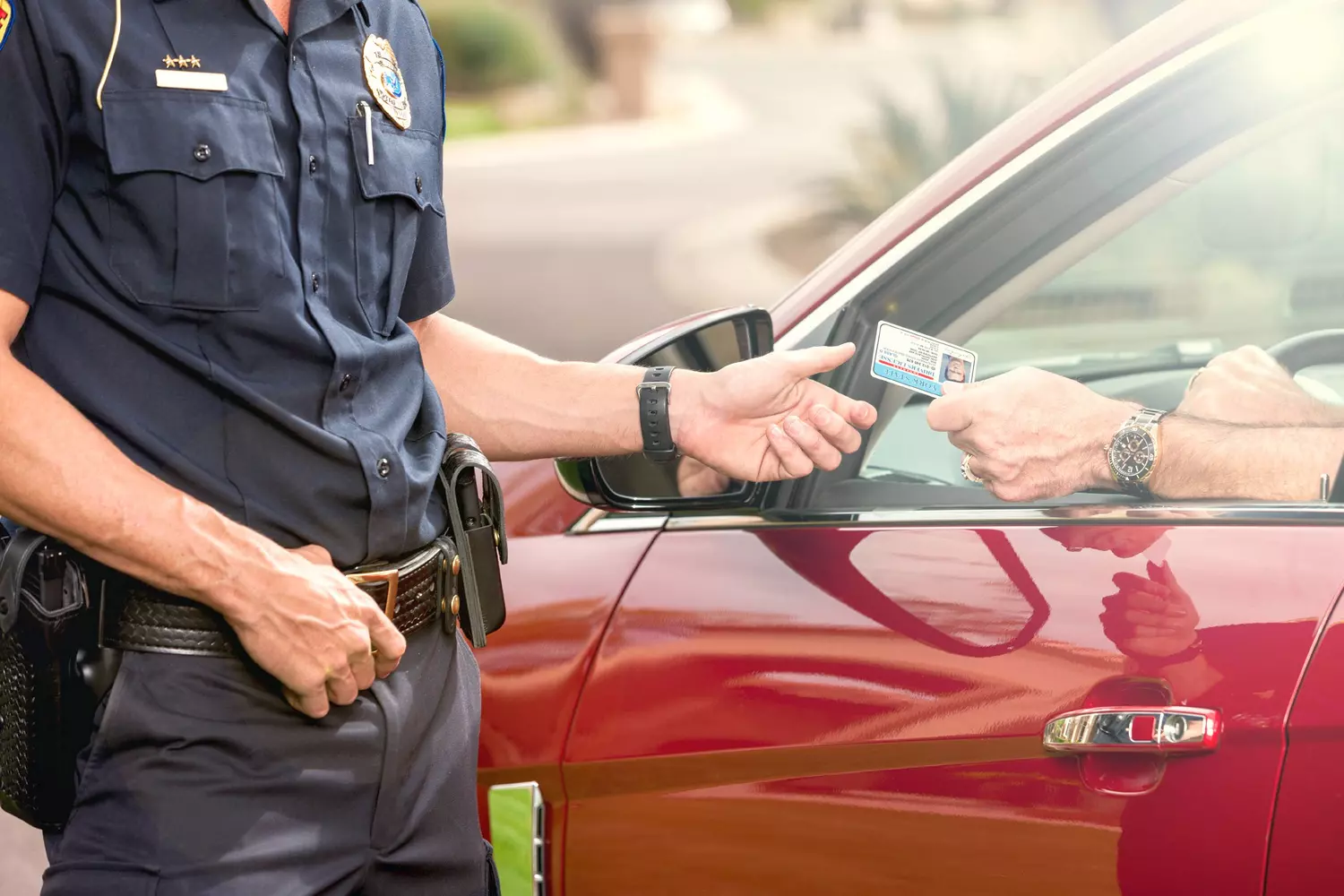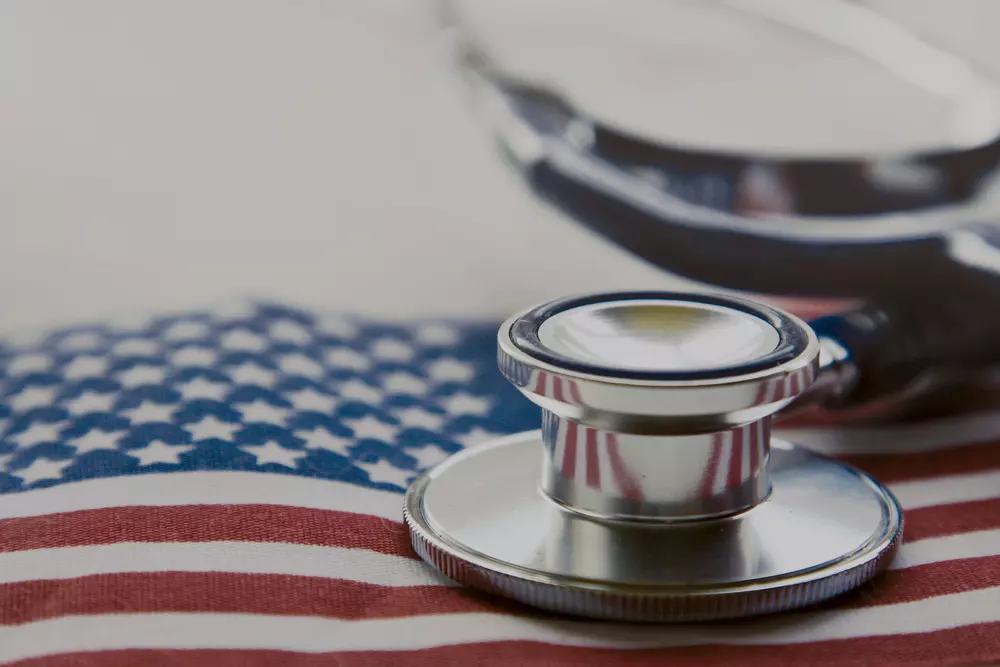A car accident in a foreign country can be a serious ordeal. Unfamiliar laws, an unknown accident reporting procedure, the language barrier – all of this causes stress and confusion. In the USA, there are clear rules that can help you protect your rights and minimize the consequences of the incident. This article will break down a step-by-step algorithm of actions after an accident so you know how to behave in such a situation.
Ensuring Safety at the Accident Scene
The main rule in a traffic accident is to remain calm and act methodically. Panic can lead to mistakes that will complicate the situation.
Stop and Turn on Hazard Lights
Immediately turn off the engine and activate your hazard lights. If the accident occurred on a busy highway, try to move the car to the shoulder or a safe place if possible. In some states, moving the vehicle after an accident is prohibited, so it's best to clarify this point in advance by studying local regulations.
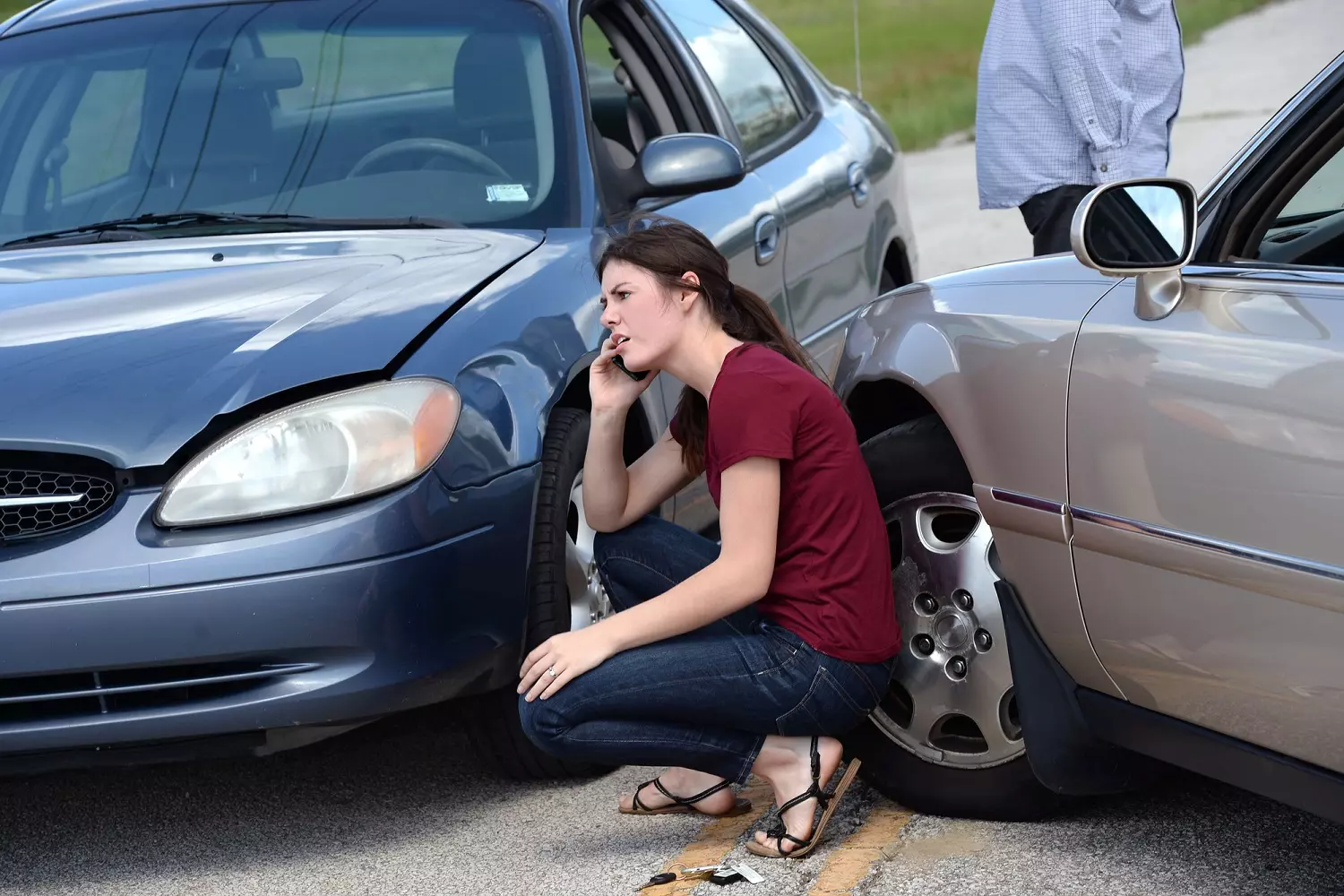
Check the Condition of Those Involved
If there are passengers in your car, make sure no one is injured. Check on the other parties involved in the accident. If someone is injured, call emergency medical services. Even if the injuries seem minor, it's best to leave the situation to medical professionals — excitement can mask pain or shock.
Mark the Accident Location
Set up a warning triangle, if you have one, especially on high-speed roads. In the dark, use a flashlight or turn on your low beam headlights. This will help other drivers see the obstruction in advance and slow down.
Avoid Creating Additional Danger
Staying on the roadway is dangerous. If the collision occurred on a highway, it's best to get behind the guardrail or move to the shoulder. On a busy road, even a minor accident can lead to further collisions.
Report the Accident
In most cases, the police are called for significant damage, injuries, or disputed circumstances. If the accident is minor and both parties agree to settle the matter amicably, you may not need to involve the police. However, this is prohibited in some states, and leaving the scene of an accident without reporting it can result in a fine.
These steps will help avoid additional risks and maintain control of the situation. It is important to clearly understand what to do in the first minutes after an accident — the further course of events depends on it.
Penalties and Fines for Traffic Violations in the USA
Exchanging Information Between Parties Involved in a Car Accident
After all parties involved in the accident have ensured their safety, it is important to exchange information correctly. Mistakes at this stage can complicate the processing of an insurance claim or even lead to legal problems.
What Information Needs to Be Recorded
Even if the situation seems simple, you should not rely on verbal agreements. The following information needs to be documented:
- Full name and contact details of all parties involved in the accident.
- Driver's license number and the issuing state.
- Make, model, and license plate number of the vehicle.
- Insurance company and policy number.
- Registration address of the vehicle owner (if different from the driver).
If multiple vehicles are involved in the accident, information must be collected for each vehicle.
How to Correctly Exchange Information
It is best to record the information on your phone or take photos of the documents – this will reduce the likelihood of errors. If the other person is nervous or speaks with an accent, double-check the information to avoid confusing letters or numbers.
What Not to Do
- Do not hand over original documents to the other driver. They could be lost or photographed without your knowledge.
- Do not agree to leave the scene of the accident without documenting the circumstances, even if you are offered compensation on the spot. This could lead to accusations of leaving the scene of an accident.
- Do not give unnecessary information. It is sufficient to provide your name, insurance details, and vehicle registration number.
What to Do If the Other Driver Refuses to Provide Information
If a party involved in the accident tries to flee or refuses to provide information, remember their license plate number and call the police immediately. In the USA, leaving the scene of an accident can have serious consequences, up to and including criminal liability.
Exchanging information is an important step that affects further proceedings. If everything is done correctly, the insurance company will not have any questions, and the accident will be processed without problems.
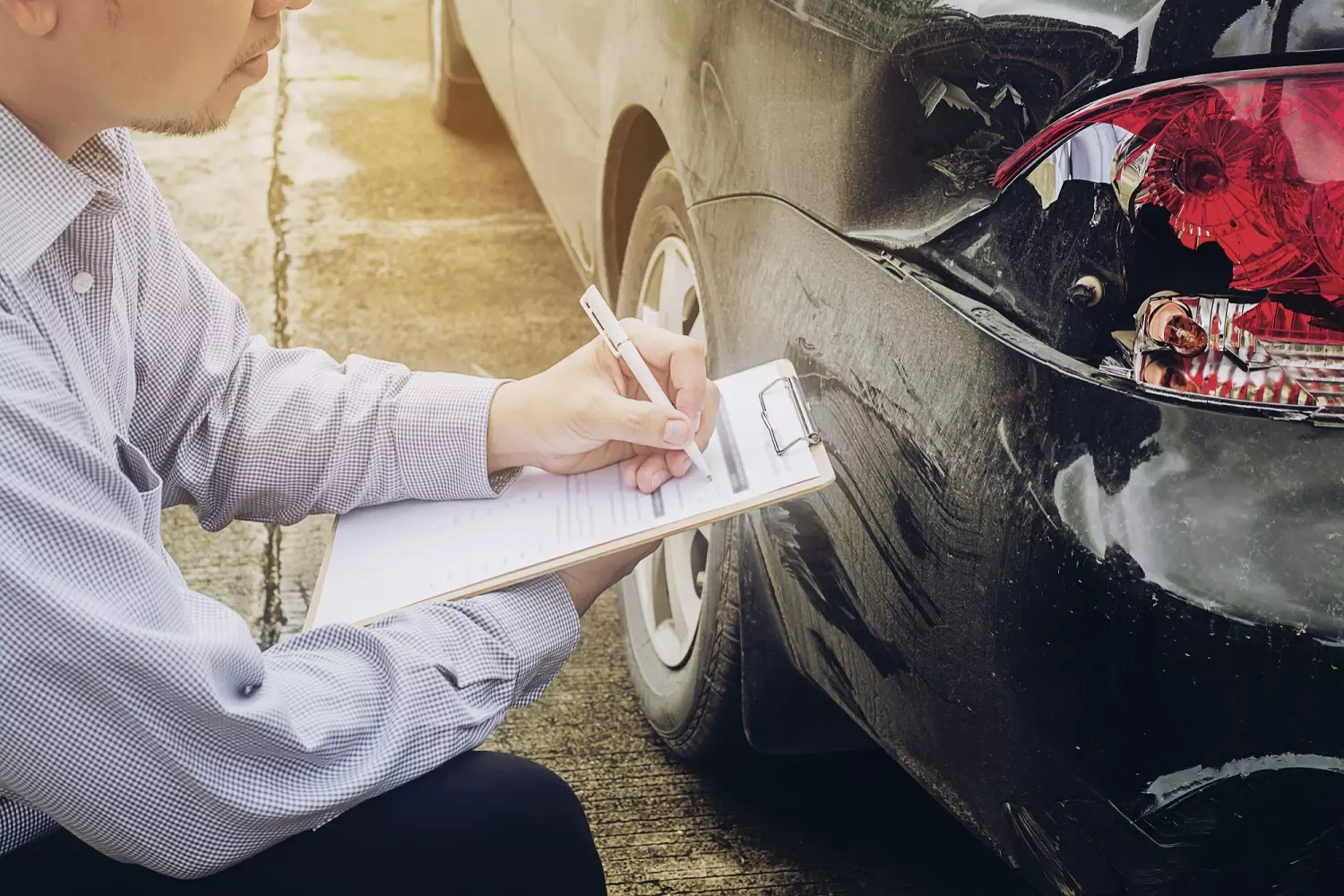
Documenting the Circumstances of the Accident
After exchanging information, it is important to document all the details of the incident. This will help prove your case in disputed situations and simplify the handling of the insurance claim. If the matter goes to court, photos and recordings can become key evidence.
What Photos and Videos Need to Be Taken
The more details that are documented, the better. It is advisable to photograph:
- The overall scene of the accident — take shots from different angles so that the positioning of the vehicles and the road conditions are visible.
- Damage to all vehicles — both close-ups and overall views. If there are impact marks, dents, scratches — photograph them in detail.
- Vehicle license plates — it's best to take several shots in case one is blurry.
- Traffic signs, traffic lights, road markings — it's important to document what restrictions were in effect at the time of the accident.
- Braking marks, broken glass, debris on the road — these nuances can play a crucial role in the analysis of the accident.
- Weather conditions and lighting — if the accident occurred due to rain, snow, or poor visibility, photos will confirm this.
If possible, take a short video — you can capture more details dynamically.
Recording Witness Statements
If someone saw the moment of the accident, ask them to provide a comment and record their contact information. Witness testimonies can help with insurance investigations or legal disputes. If an eyewitness does not want to leave their details, at least record their words on a voice recorder.
Recording Your Own Explanation
While the details are fresh in your memory, it is worth speaking aloud about exactly what happened and recording it on a voice recorder or in your phone's notes. After a few hours, memories can become distorted.
Official Police Report
If the police were called to the scene of the accident, the officer will file a report, which can then be obtained at the station or online. This document is often required by insurance companies.
The more accurately the circumstances of the accident are documented, the easier it will be to prove your position. The main thing is to act promptly and not forget important details.
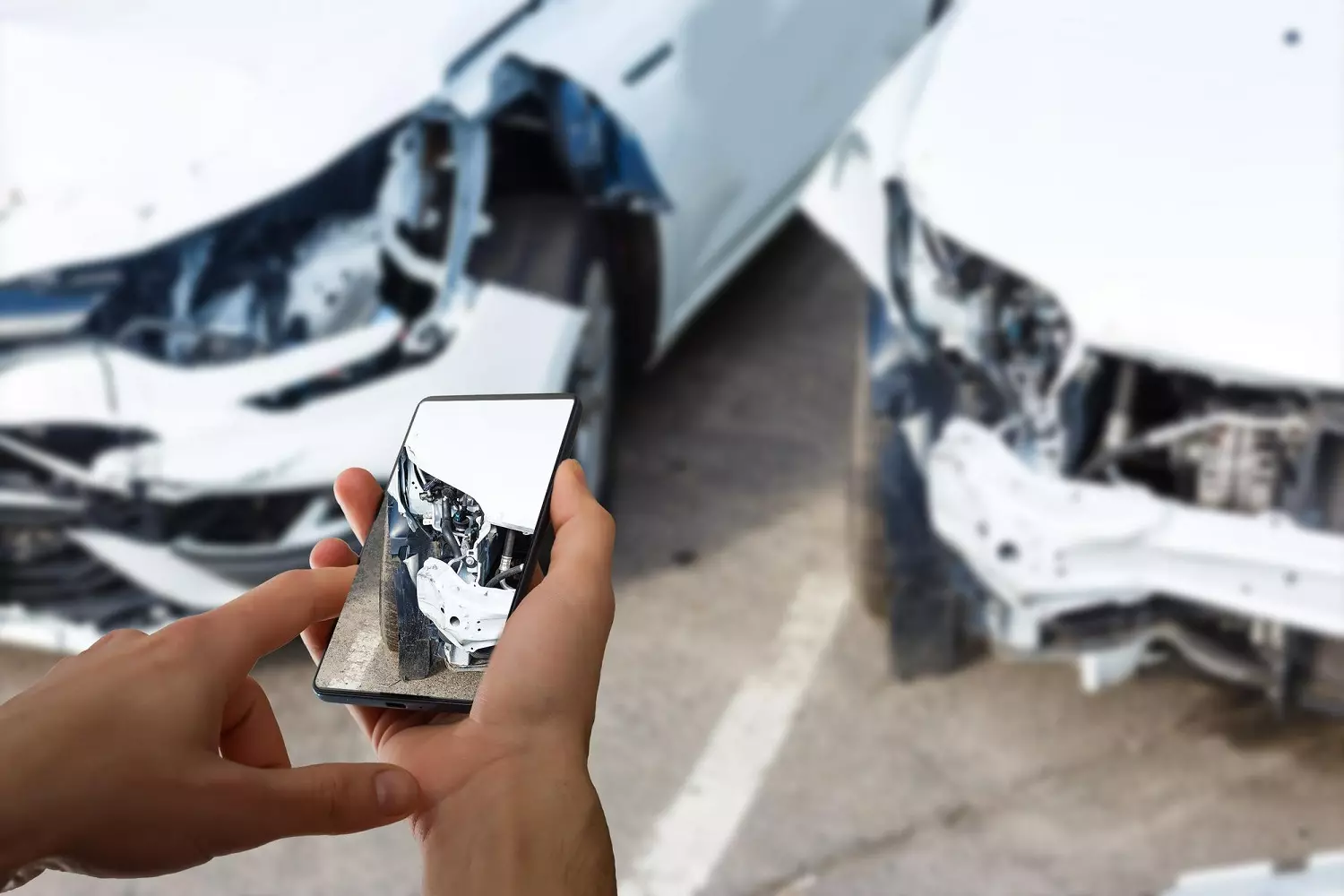
Contacting Your Insurance Company
After documenting all the circumstances of the accident, it is necessary to report the incident to your insurance company as soon as possible. The speed and accuracy of the information you provide will determine how quickly and to what extent you will be compensated for the damages.
When to Contact Your Insurance Company
You should report the accident immediately, even if the damage seems minor. In some cases, the insurance company may refuse to pay if you delay filing a claim. Most companies require notification within 24–72 hours.
If there are injuries or significant damage in the accident, you should call directly from the scene. In complex cases, the insurer may send a representative to the accident site to assess the situation.
How to Properly Report the Accident
When speaking with an insurance company representative, it is important to clearly and calmly explain the situation. You will be asked to provide:
- The date, time, and location of the accident.
- Full names and contact details of all parties involved.
- Make, model, and license plate numbers of the vehicles.
- The names of the insurance companies for all parties.
- A description of the damages and circumstances of the accident.
If you have already taken photos and videos, ask how you can submit them. Some companies allow you to upload files through their mobile app.
What to Do If the Other Driver Is Uninsured
If the other party involved in the accident is uninsured, the situation becomes more complicated. In this case, your own policy may help if it covers damages caused by uninsured drivers. If this option is not available, you may have to resolve the issue through the courts.
What Not to Say to the Insurance Company
- Do not admit fault over the phone — even if you believe you were wrong. Your statement could affect the payout decision. It is best to simply describe the circumstances of the accident.
- Do not underestimate the damage. Some damage may appear later, so it is better to mention all potential problems immediately.
- Do not agree to verbal agreements. All compensation terms must be documented in writing.
Next Steps
After you file a claim, the insurance company will assess the damage and make a decision on payment. This process usually takes from a few days to several weeks, depending on the complexity of the case. If you are not satisfied with the amount of compensation, you can file an appeal or seek legal assistance.
Timely contact with your insurance company will help avoid problems and resolve the consequences of the accident more quickly. The main thing is to follow the instructions carefully and keep all documentation.
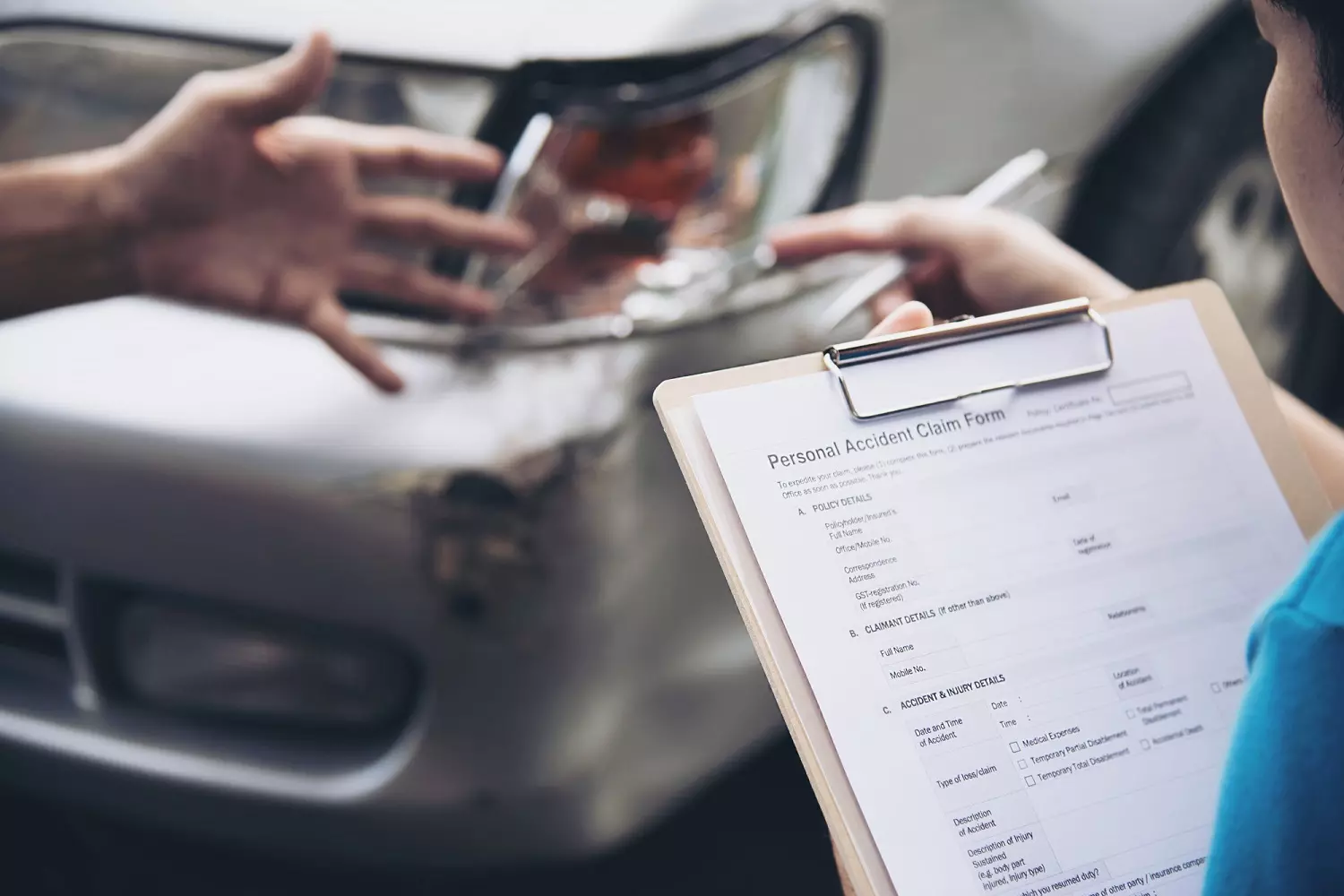
Legal Assistance and Further Steps
After an accident, it is important not only to document the incident and contact your insurance company but also to understand when legal support may be needed. In a number of cases, the help of a lawyer can prevent fines, denials of insurance payments, or even serious legal problems.
When to Seek Legal Counsel
Not every car accident requires the involvement of a lawyer, but in several situations, it will be difficult to manage without one:
- If there are injuries. Even with minor injuries, the other driver or passengers may file a lawsuit demanding compensation for medical expenses and emotional distress. In such cases, it is important to have a professional protect your interests.
- If fault for the accident is disputed. If the insurance company or the police have doubts about who is at fault, a lawyer will help gather evidence and defend your position.
- If the insurance company denies payments. It happens that the insurer underestimates the amount of compensation or refuses to pay altogether. A lawyer will understand the terms of the policy and help you achieve a fair resolution.
- If the other driver has filed a lawsuit. In this case, you cannot act independently — it is important to have legal protection to avoid significant financial losses.
- If you do not have insurance. In the USA, driving without insurance has serious consequences, up to and including fines and the suspension of your driver's license. A lawyer will help minimize potential penalties.
How to Choose a Lawyer
If the situation requires legal support, it is important to find a specialist who understands such cases. It is best to choose a lawyer with experience specifically in insurance and traffic law. To do this, you can:
- Contact specialized law firms.
- Search for lawyers through review websites, such as Avvo or Justia.
- Ask for recommendations from acquaintances or colleagues.
- Before signing a contract, clarify the cost of services and the working procedure. Some lawyers only charge a fee if they win the case.
What to Do After the Accident
After completing all the paperwork and communicating with the insurance company, it is important not to forget a few points:
- Check your health. Even if there were no obvious injuries after the accident, it is best to undergo a medical examination. Some consequences may appear later.
- Monitor the progress of the insurance claim. If your insurance covers repairs, clarify the payment terms and compensation procedure.
- Keep all documents. The police report, receipts for medical services, correspondence with the insurance company — all of this may be needed in the future.
- Go to court if necessary. If the compensation is insufficient or the other party does not fulfill their obligations, a lawyer will help you file a lawsuit.
Competent actions after an accident will help avoid unnecessary expenses and problems. If the situation is complex, it is better not to take risks and seek legal support.














